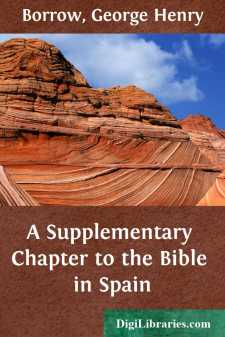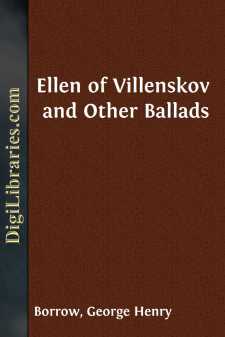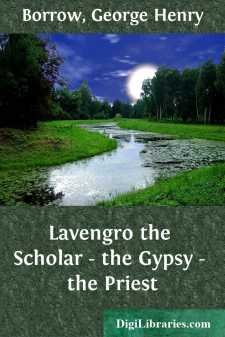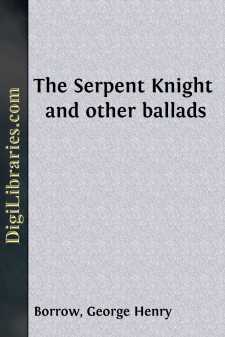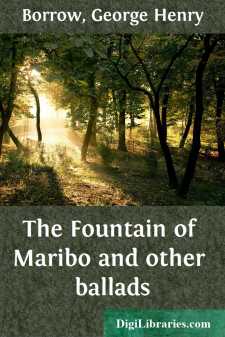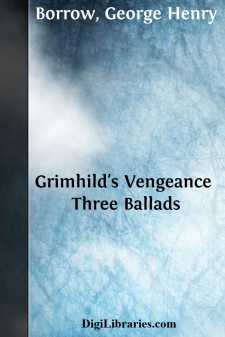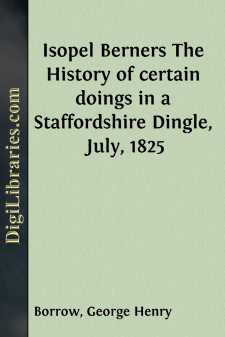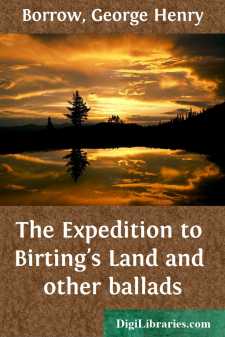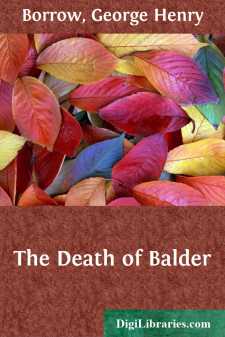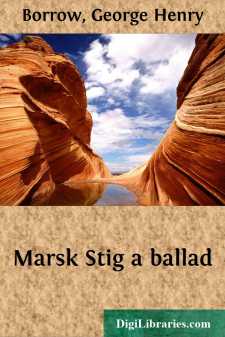Categories
- Antiques & Collectibles 13
- Architecture 36
- Art 48
- Bibles 22
- Biography & Autobiography 813
- Body, Mind & Spirit 138
- Business & Economics 28
- Children's Books 12
- Children's Fiction 9
- Computers 4
- Cooking 94
- Crafts & Hobbies 4
- Drama 346
- Education 46
- Family & Relationships 57
- Fiction 11821
- Games 19
- Gardening 17
- Health & Fitness 34
- History 1377
- House & Home 1
- Humor 147
- Juvenile Fiction 1873
- Juvenile Nonfiction 202
- Language Arts & Disciplines 88
- Law 16
- Literary Collections 686
- Literary Criticism 179
- Mathematics 13
- Medical 41
- Music 40
- Nature 179
- Non-Classifiable 1768
- Performing Arts 7
- Periodicals 1453
- Philosophy 64
- Photography 2
- Poetry 896
- Political Science 203
- Psychology 42
- Reference 154
- Religion 505
- Science 126
- Self-Help 81
- Social Science 81
- Sports & Recreation 34
- Study Aids 3
- Technology & Engineering 59
- Transportation 23
- Travel 463
- True Crime 29
Sort by:
PREFATORY NOTE In 1845 Richard Ford published his Hand-Book for Travellers in Spain and Readers at Home [2 Vols. 8vo.], a work which still commands attention, and the compilation of which is said to have occupied its author for more than sixteen years. In conformity with the wish of Ford (who had himself favourably reviewed The Bible in Spain) Borrow undertook to produce a study of the Hand-Book for...
more...
ELLEN OF VILLENSKOV. There lies a wold in Vester Haf, There builds a boor his hold;And thither he carries hawk and hound, He’ll stay through winter’s cold. He takes with him both hound and cock, He means there long to stay;The wild deer in the wood that are For his arrival pay. He hews the oak and poplar tall, He fells the good beech tree;Then fill’d was the laidly Trold with...
more...
NOTES UPON GEORGE BORROW. I. Borrow as a Splendid Literary Amateur. There are some writers who cannot be adequately criticised—who cannot, indeed, be adequately written about at all—save by those to whom they are personally known. I allude to those writers of genius who, having only partially mastered the art of importing their own individual characteristics into literary forms, end their...
more...
THE SERPENT KNIGHT Signelil sits in her bower alone,Of her golden harp she waked the tone. Beneath her mantle her harp she played,Then in came striding the worm so laid. “Proud Signelil, if thou me wilt wed,I’ll give thee store of gold so red.” “Forbid the heavenly God so greatThat I should become the Lindworm’s mate.” “Since thee I may not for a wife acquire,Kiss me only and I’ll...
more...
THE FOUNTAIN OF MARIBOorTHE QUEEN AND THE ALGREVE The Algreve he his bugle wound The long night all—The Queen in bower heard the sound, I’m passion’s thrall. The Queen her little page address’d, The long night all—“To come to me the Greve request,” I’m passion’s thrall. He came, before the board stood he, The long night all—“Wherefore, O Queen, has sent for...
more...
INTRODUCTION Borrow and the Kjæmpeviser. The modern poetical literature of Denmark opens with a collection of epical and lyrical poems from the Middle Ages, which are loosely connected under the title of Kjæmpeviser or Heroic Ballads. Of these the latest scholarship recognises nearly 500, but in the time of Borrow the number did not much exceed 200. These ballads deal with half-historic events,...
more...
INTRODUCTION. I. The last century was yet in its infancy when the author of The Romany Rye first saw the light in the sleepy little East Anglian township of East Dereham, in the county distinguished by Borrow as the one in which the people eat the best dumplings in the world and speak the purest English. “Pretty quiet D[ereham]” was the retreat in those days of a Lady Bountiful in the person of...
more...
THE EXPEDITION TO BIRTING’S LAND The King he o’er the castle rules, He rules o’er all the land;O’er many a hardy hero too, With naked sword in hand. Let the courtier govern his steed, The boor his thatchèd cot,But Denmark’s King o’er castles rules, For nobler is his lot. King Diderik sits on Brattingsborg, And round he looks with pride:“No one I know of in the...
more...
ACT THE FIRST. BALDER and THOR are seated upon stones at some distance from each other. Both are armed—THOR with his hammer, and BALDER with spear and sword. BALDER. Land whose proud and rocky bosomBraves the sky continually! THOR. Where should strength and valour blossom,Land of rocks, if not in thee? BALDER. Odin’s shafts of ruddy levinBack from thy hard sides are driven;Never sun thy...
more...
PART I. Marsk Stig he out of the country rode To win him fame with his good bright sword;At home meantide the King will bide In hope to lure his heart’s ador’d. The King sends word to the Marshal Stig That he to the fields of war should fare;Himself will deign at home to remain And take the charge of his Lady fair. In came the Marshal’s serving man, And a kirtle of green that...
more...


